According to Associate Professor Bui Anh Tuan, Principal of Foreign Trade University, Resolution 29 is highly scientific, comprehensive and oriented for the development of education and training in the country. In general, the system is developing in the spirit of Resolution 29, and Vietnamese university education has had strong development in recent times.
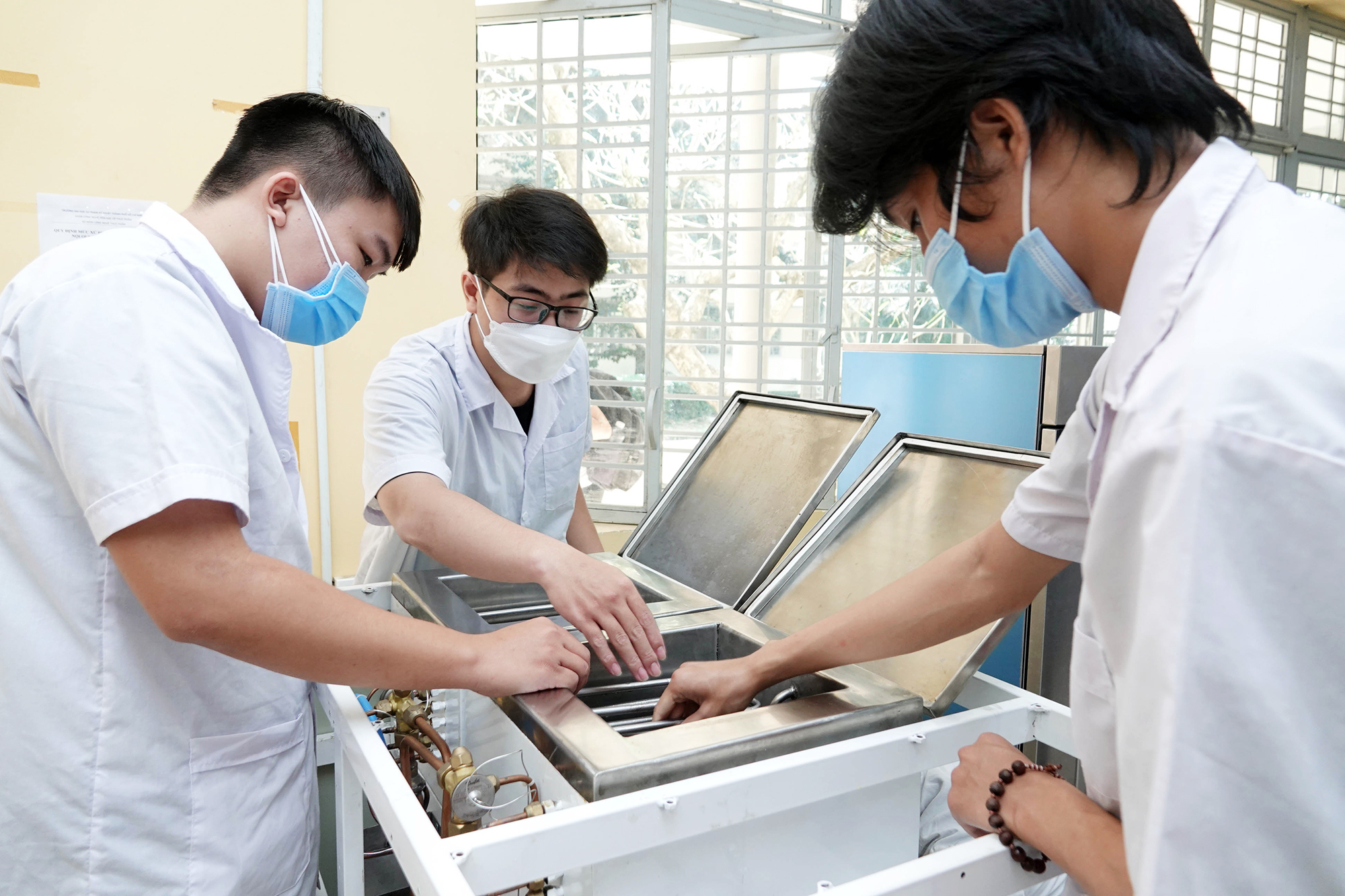
In the spirit of Resolution 29, Vietnamese university education has developed in recent times.
However, the implementation of Resolution 29 on university autonomy has revealed some limitations. The perceptions and expectations of different stakeholders (especially between management agencies and private investors) on university autonomy are different. Sometimes university autonomy is equated with financial autonomy, which leads to some governing agencies and new management agencies focusing on cutting investment budgets and regular expenditures; not paying attention to building appropriate management mechanisms, policies and regulations. Many regulations in current documents are not consistent with university autonomy, and even limit the trend of university autonomy. The implementation of university autonomy lacks a clear roadmap, and universities exist in many forms with different levels of autonomy; the market mechanism for autonomous universities to compete equally with each other has not been completed.
It is worth mentioning that some higher education institutions are afraid of being autonomous because they do not fully understand the benefits of autonomy. Others simply think that university autonomy is simply about ensuring regular and investment expenses, while other autonomy contents (strategy development and implementation, training, enrollment, academics, organization, and personnel) have not been focused on. On the other hand, many schools misunderstand autonomy as the right to "decide everything" so they do not pay attention to legal regulations, are confused in implementation, and even violate regulations.
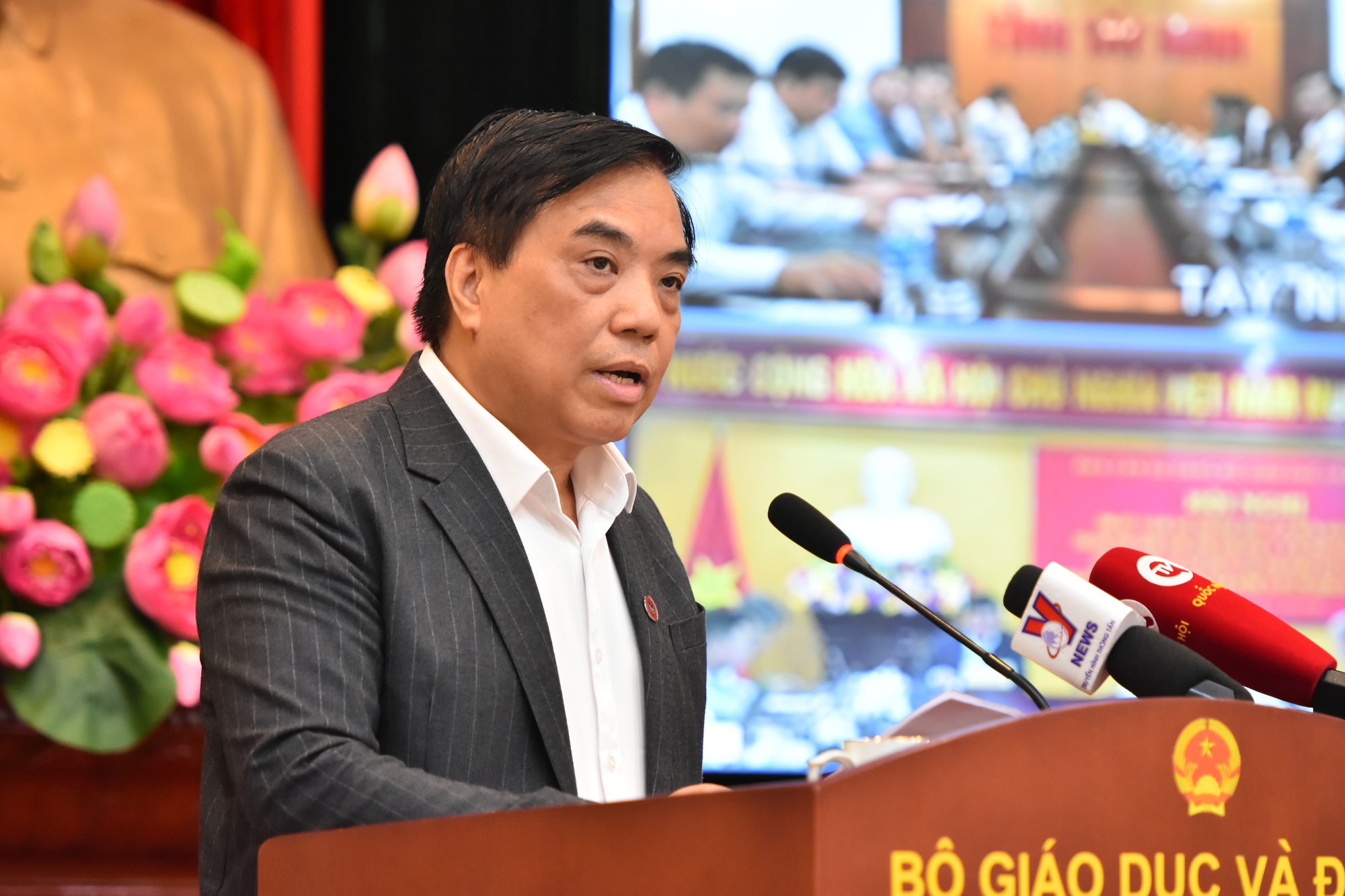
Associate Professor Bui Anh Tuan, Principal of Foreign Trade University, spoke at the conference summarizing 10 years of implementing Resolution 29 on fundamental and comprehensive innovation in education and training this morning, December 14.
To strive for Vietnam's education to reach the advanced level in the region by 2030, the education and training sector needs to persevere and steadfastly continue to implement Resolution 29 in the new context. "To continue to promote the real effectiveness of university autonomy, we boldly propose that the Government and the Ministry of Education and Training consider developing a new decree on university autonomy to create a breakthrough for development in the new context. In particular, attention should be paid to creating a healthy competitive environment among institutions, ensuring equality among institutions and among autonomy models...", Associate Professor Tuan proposed.
Associate Professor Dang Hoai Bac, Director of the Academy of Posts and Telecommunications Technology, also said that if universities are autonomous without the support of the state, businesses, and society, the system will face many difficulties in competing with countries in the region and around the world in the coming time. "We are doing very fundamental tasks such as training human resources for semiconductor chips. If we use tuition fees as a regular expense, if we continue to be autonomous in the current way, we will never be able to keep up with other countries in the world," Associate Professor Bac said.
"Assigning tasks" to military schools to train civilians
Major General Nguyen Van Oanh, Director of the Department of Schools (Ministry of National Defense), proposed that the Ministry of Education and Training add to the draft summary report and draft conclusion of the Politburo the content "Some educational institutions in the army participate in training human resources to serve the country's industrialization and modernization (often called civilian subjects) in some urgent fields".
According to Major General Oanh, military educational institutions have experience in training this civilian population. Over the past 22 years (since 2001), the Ministry of National Defense has directed military educational institutions to train over 93,000 civilian students at all levels. By 2020, enrollment and training will be stopped to adjust the organization and staffing of the military school system. Up to now, the military school system has been adjusted, streamlined, strong, specialized, modern, suitable for practice and integrated into the national education system, with all conditions to continue training.
The training quality of military educational institutions such as the Academy of Politics, the Academy of Military Engineering, the Academy of Military Medicine, the Academy of Military Science, etc. has been affirmed and trusted by society and learners. Therefore, it is very necessary to participate in training the civilian system in social fields and sectors with high, urgent, and dual-use needs, with reasonable numbers at 8 educational institutions with strengths and potential.
Source link


![[Photo] Opening of the 4th Summit of the Partnership for Green Growth and the Global Goals](https://vstatic.vietnam.vn/vietnam/resource/IMAGE/2025/4/16/488550ff07ce4cd9b68a2a9572a6e035)

![[Photo] President Luong Cuong receives Ethiopian Prime Minister Abiy Ahmed Ali](https://vstatic.vietnam.vn/vietnam/resource/IMAGE/2025/4/16/504685cac833417284c88a786739119c)

![[Photo] Many practical activities of the 9th Vietnam-China border defense friendship exchange](https://vstatic.vietnam.vn/vietnam/resource/IMAGE/2025/4/16/3016ed3ef51049219574230056ddb741)
![[Photo] National Assembly Chairman Tran Thanh Man meets with Ethiopian Prime Minister Abiy Ahmed Ali](https://vstatic.vietnam.vn/vietnam/resource/IMAGE/2025/4/16/c196dbc1755d46e4ae7b506c5c15be55)
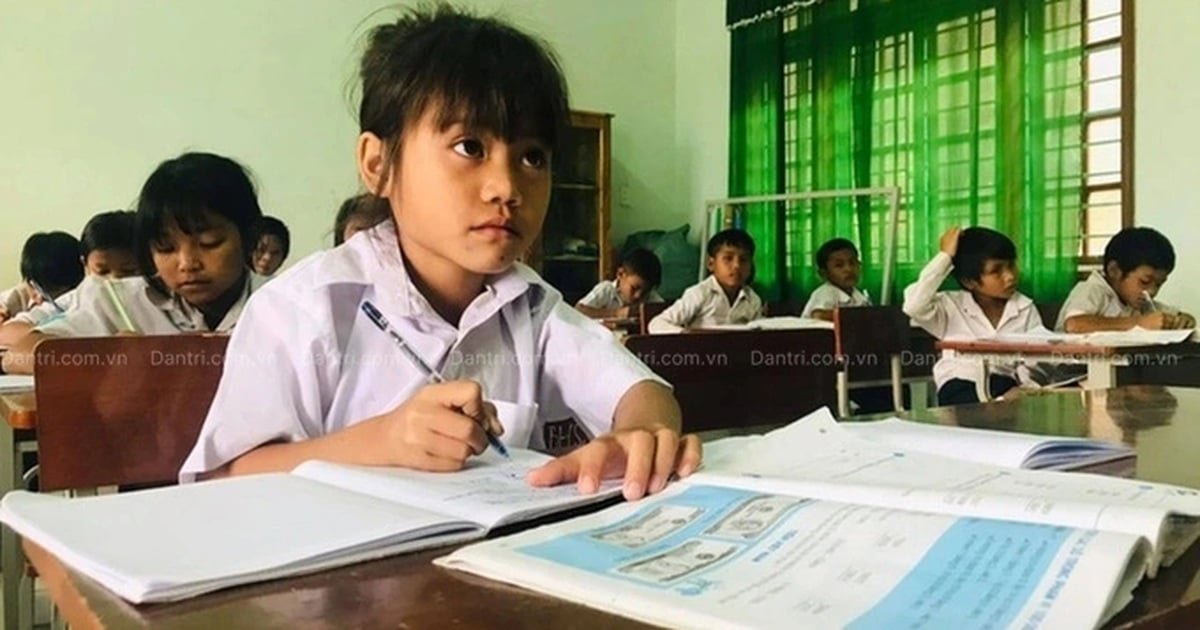

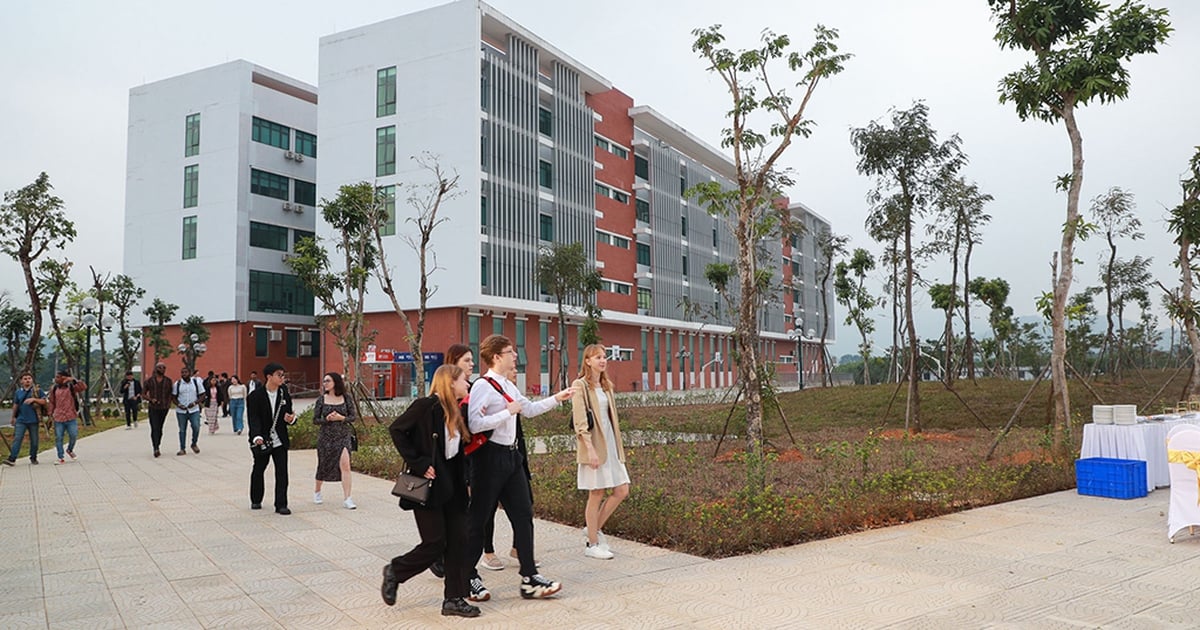
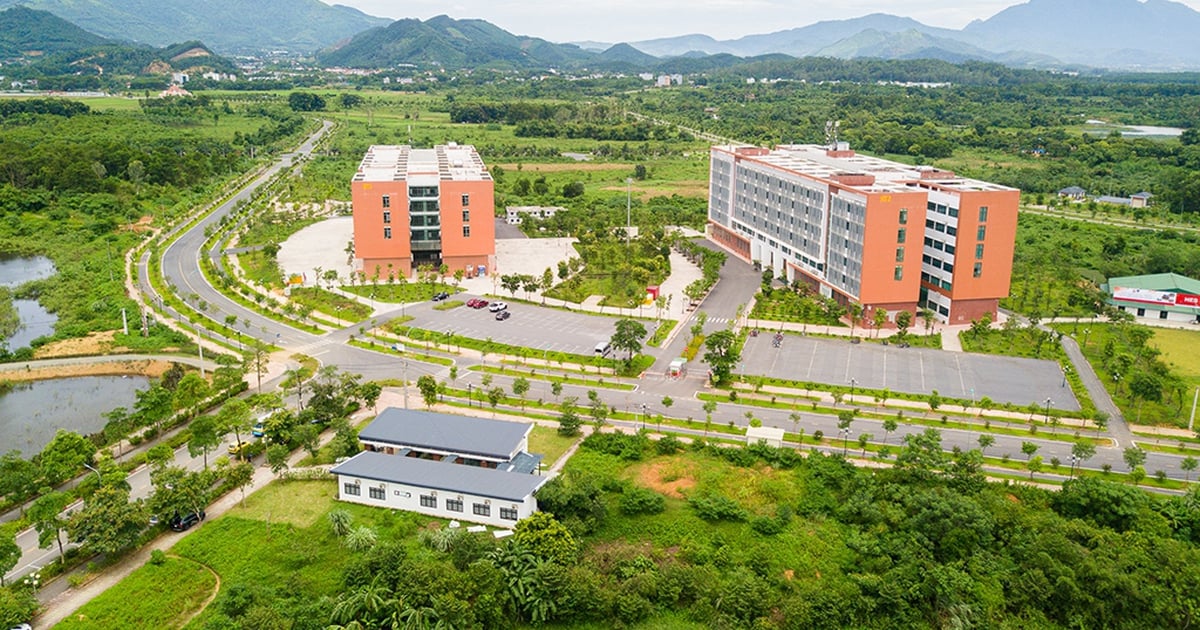

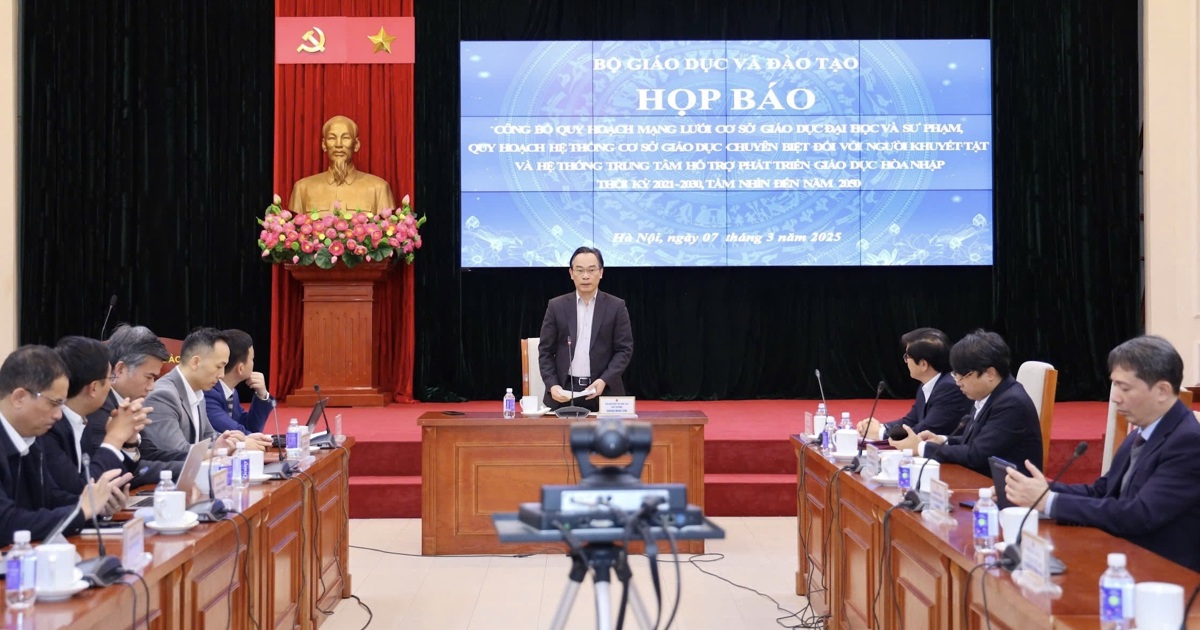

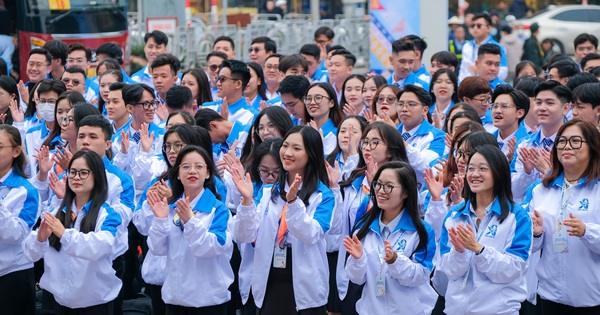


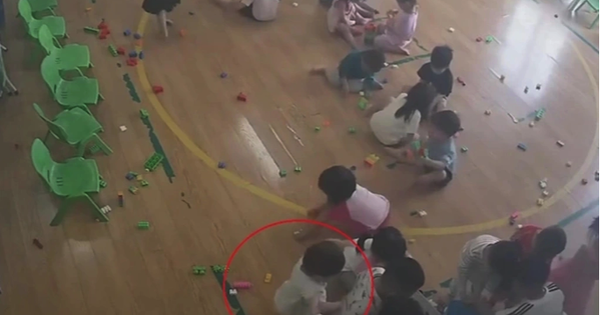
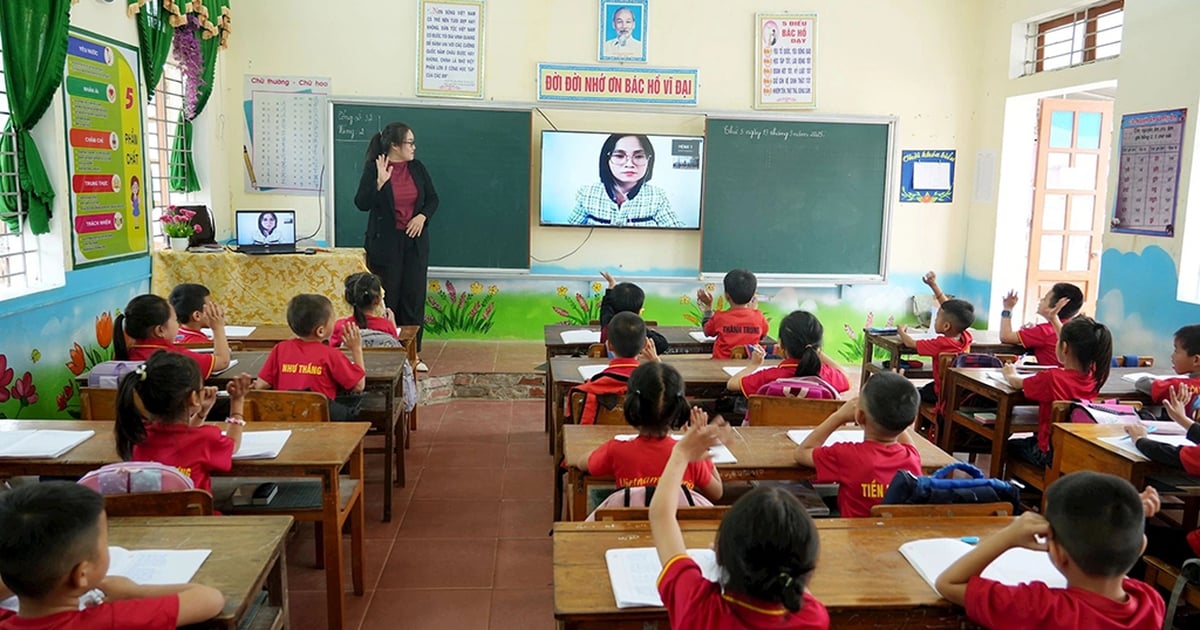
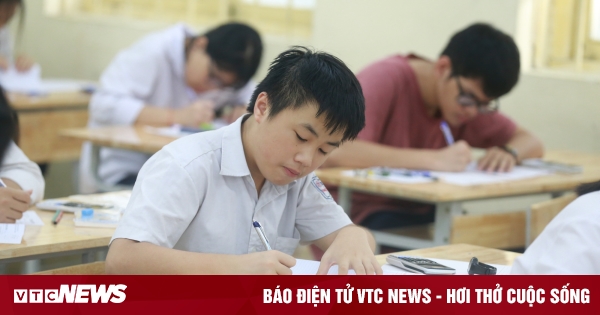
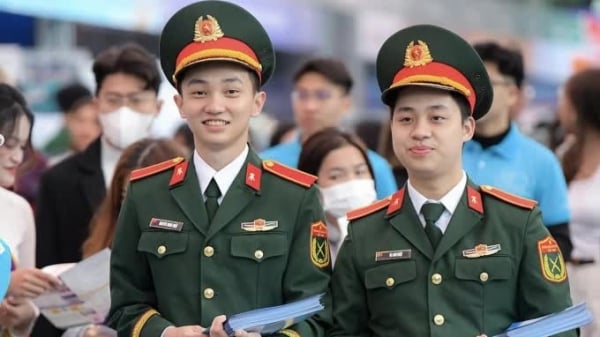





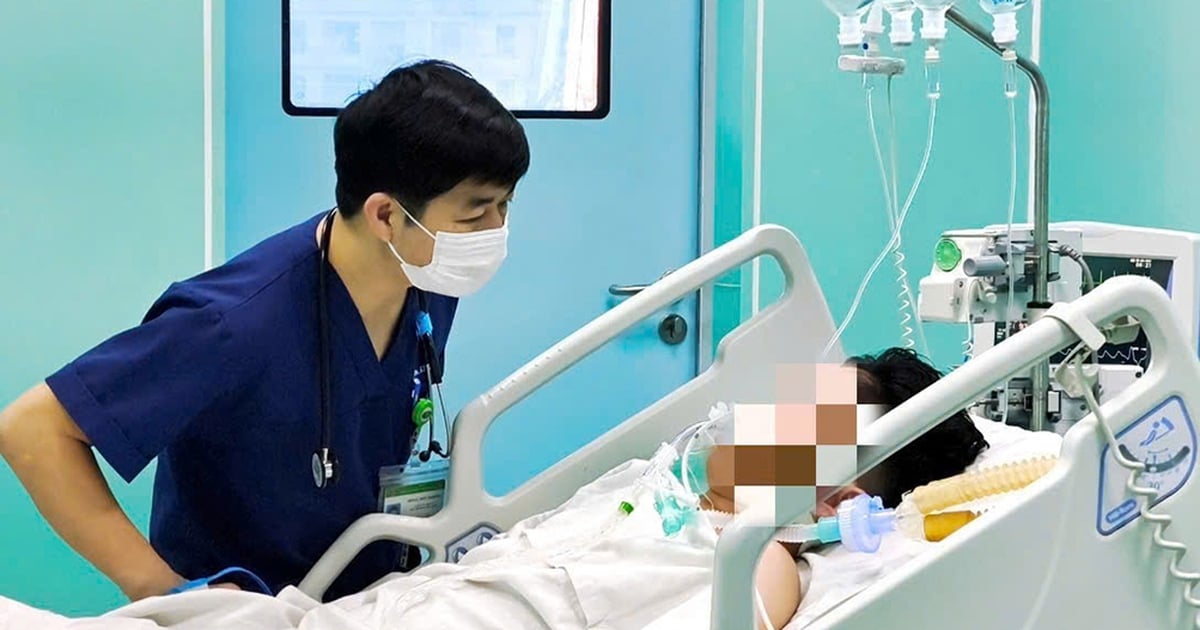


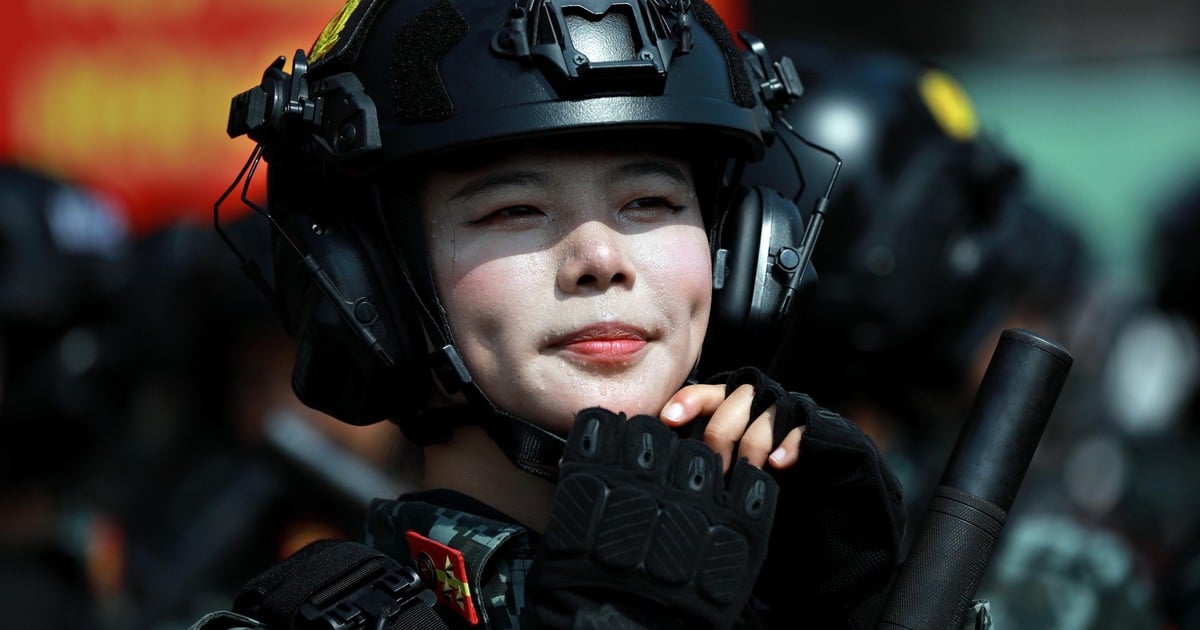
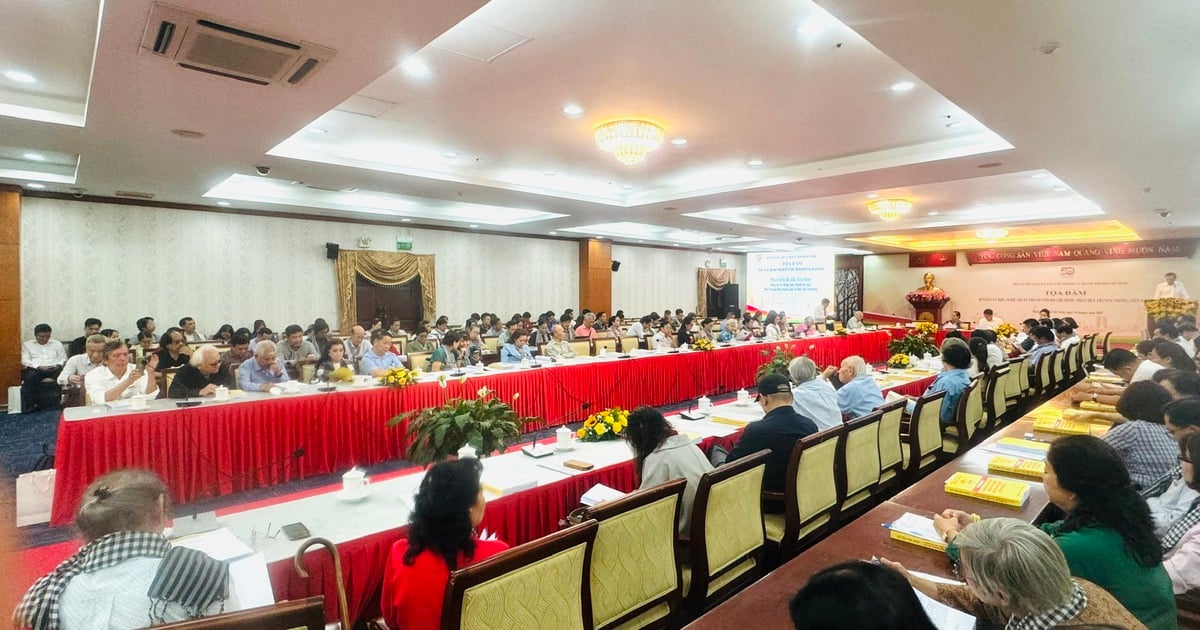

![[Photo] President Luong Cuong meets 100 typical examples of the Deeds of Kindness Program](https://vstatic.vietnam.vn/vietnam/resource/IMAGE/2025/4/16/ce8300edfa7e4afbb3d6da8f2172d580)









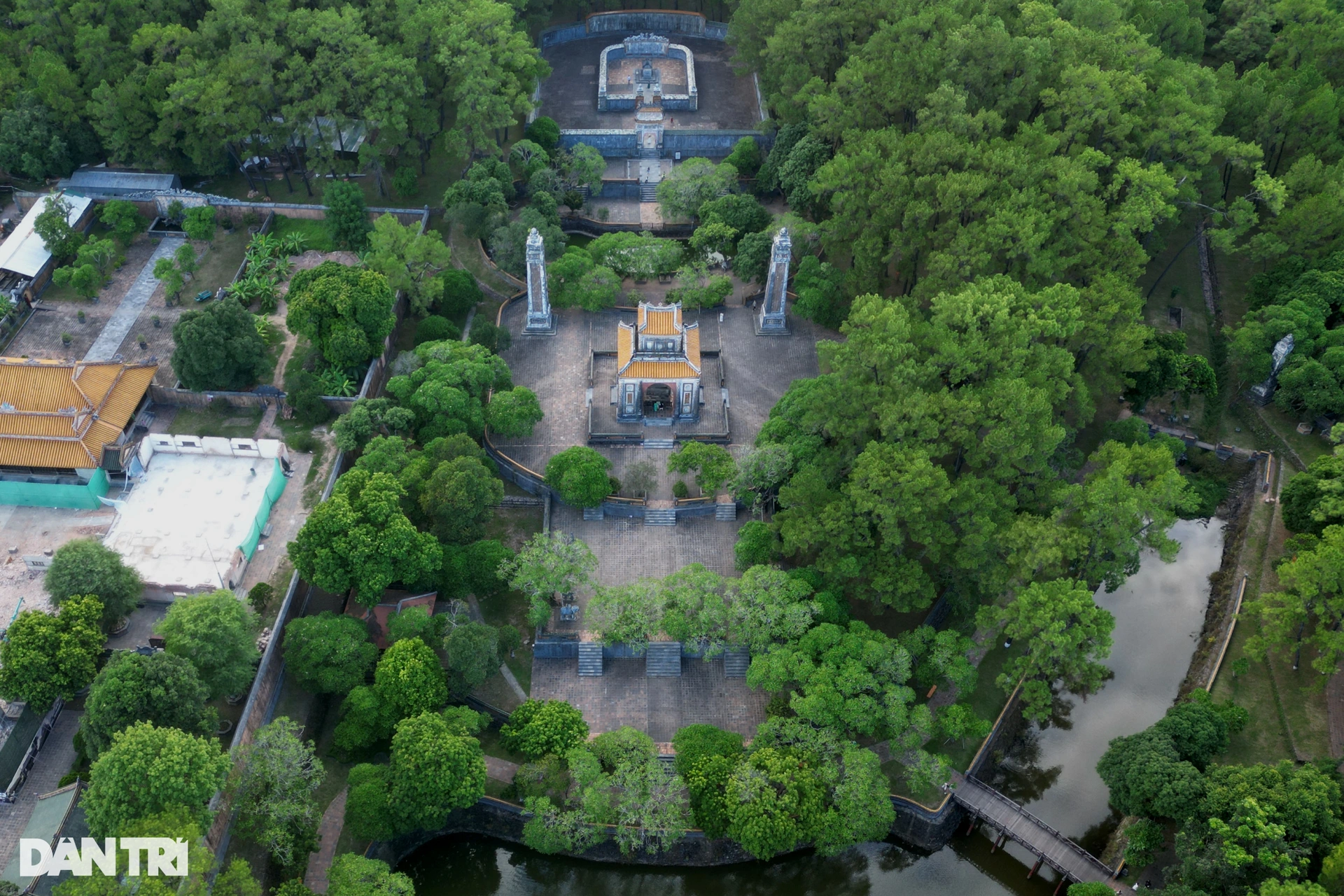
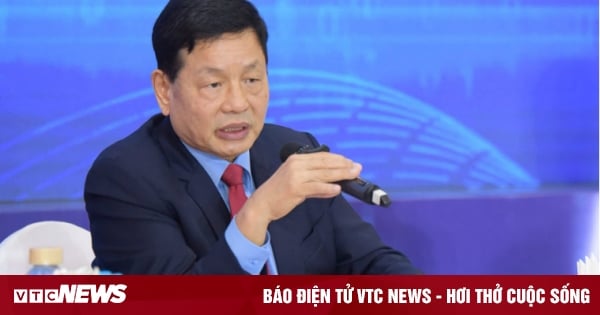

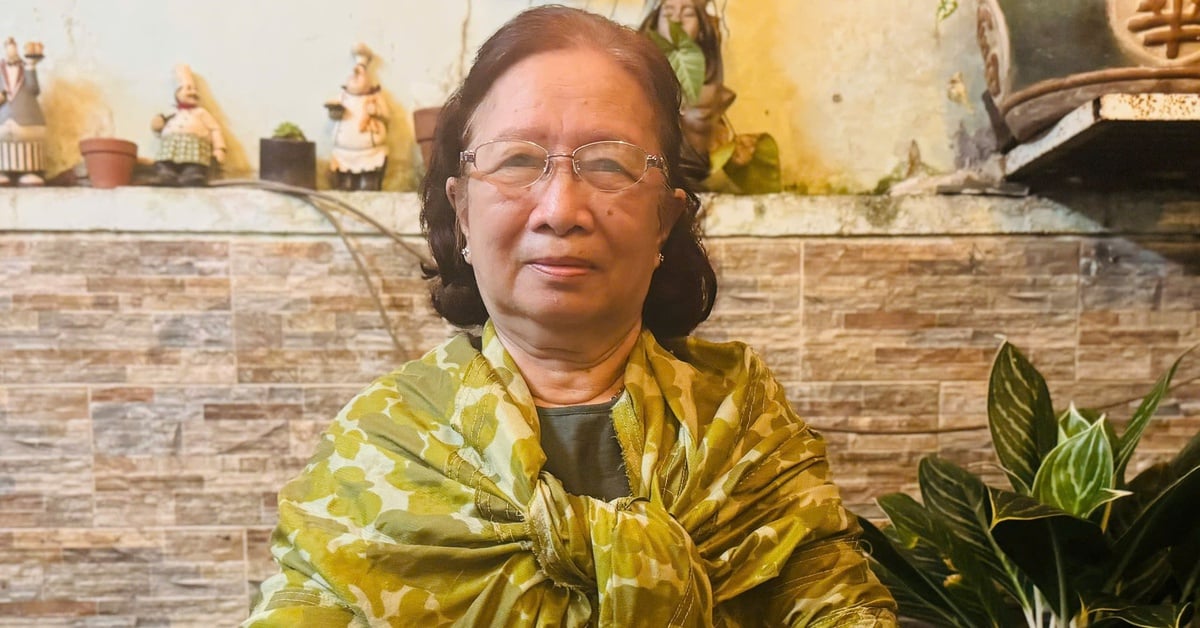

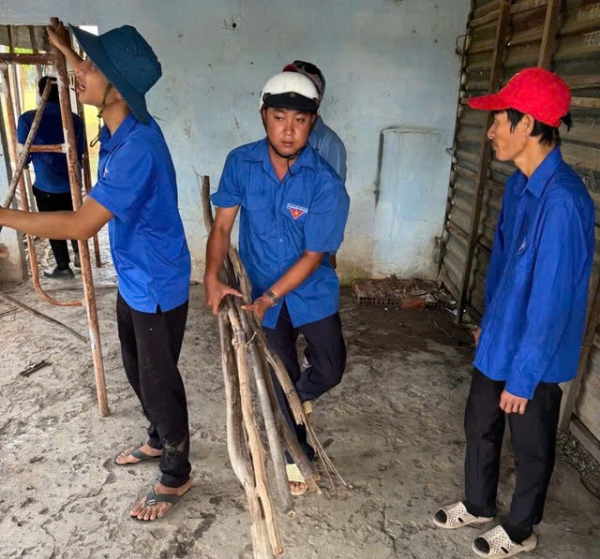
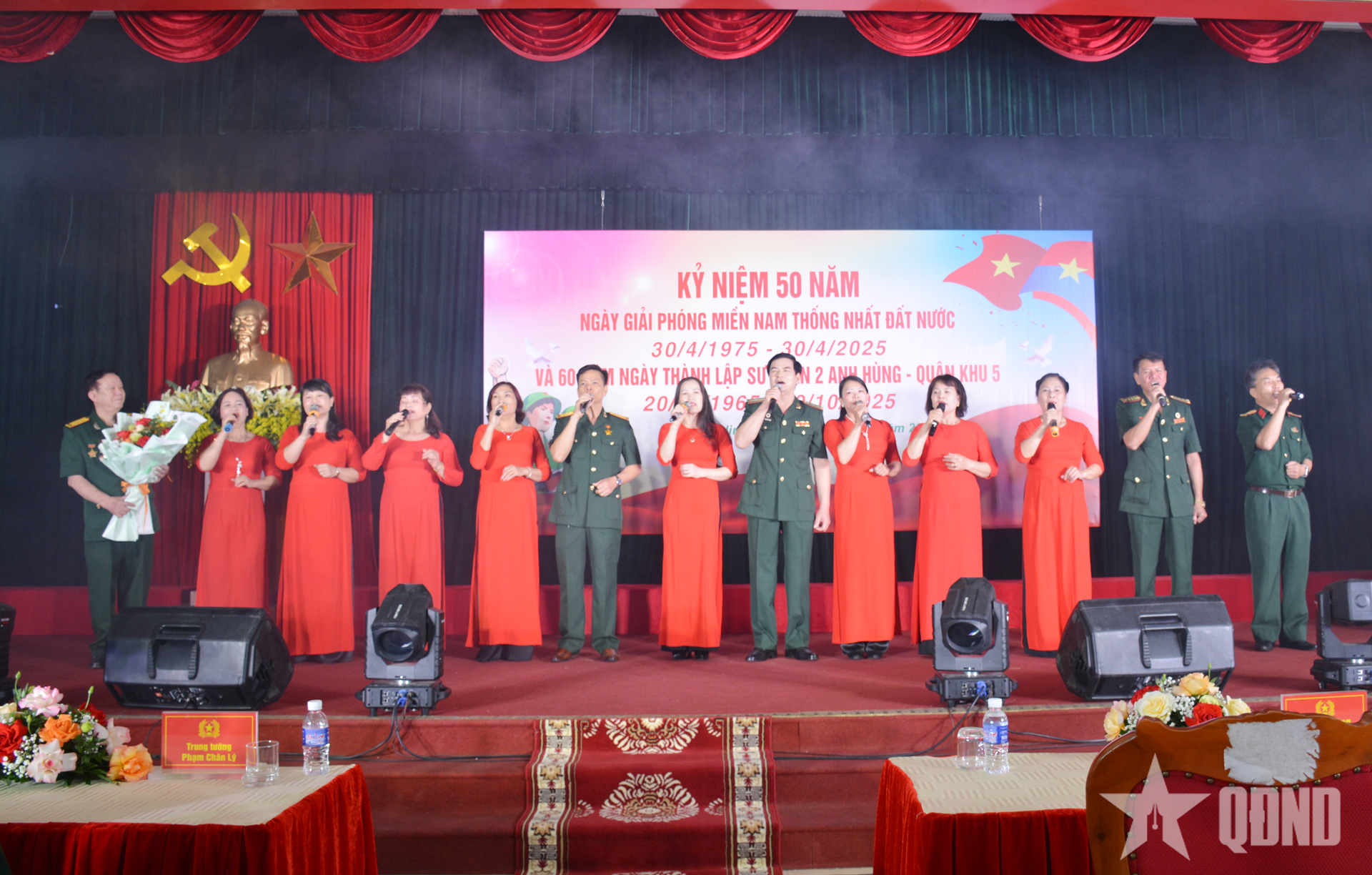










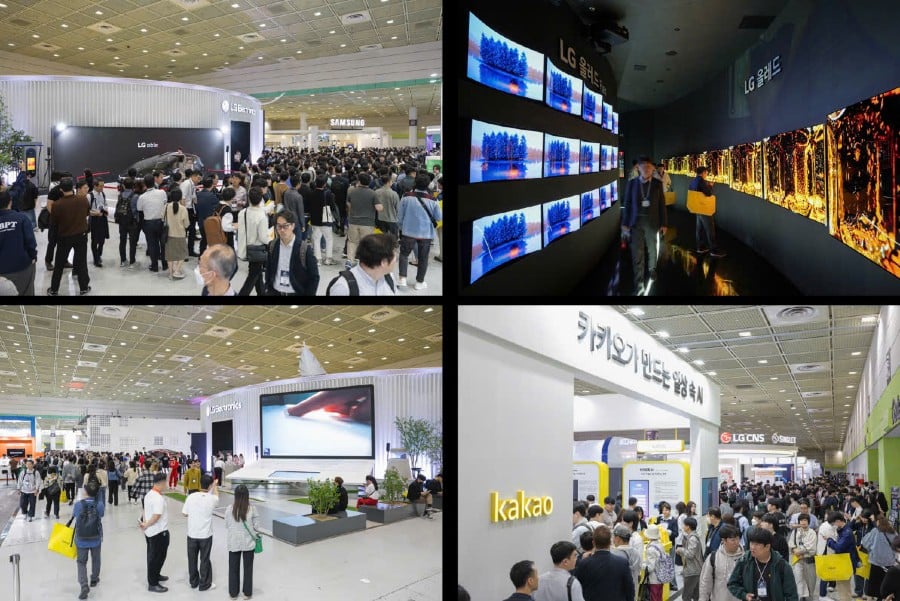

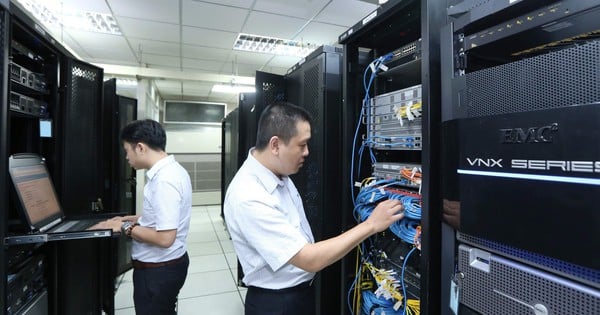

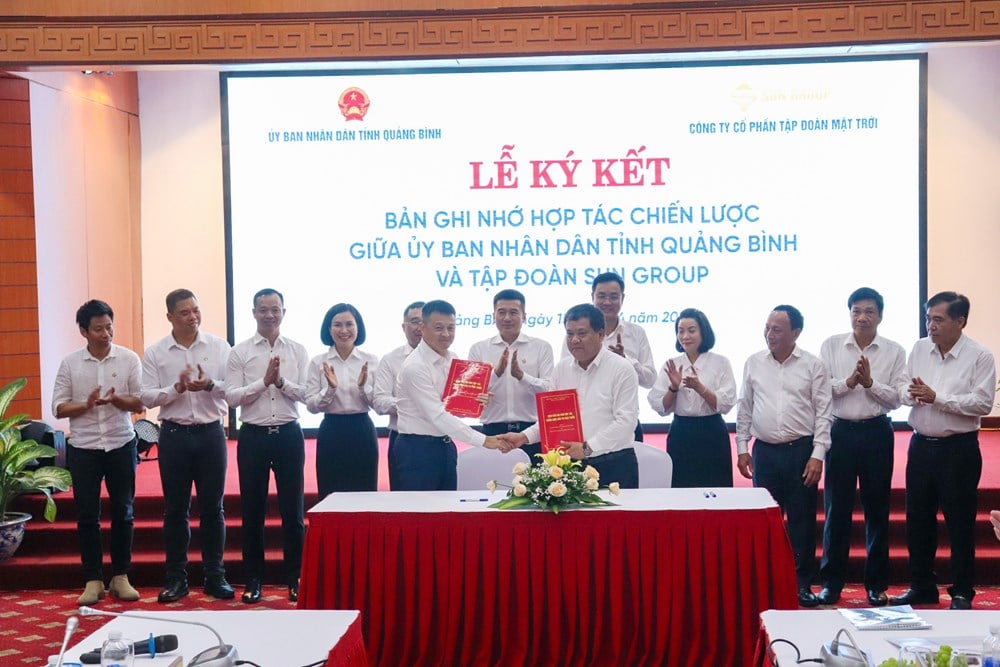



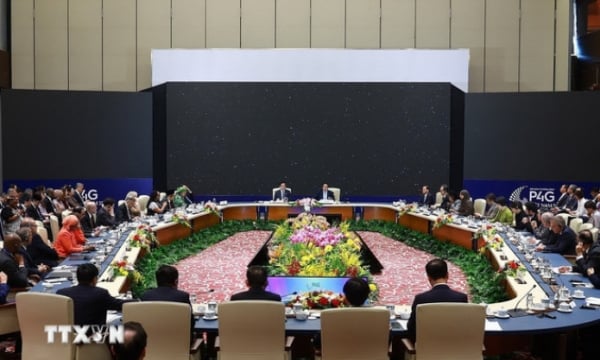
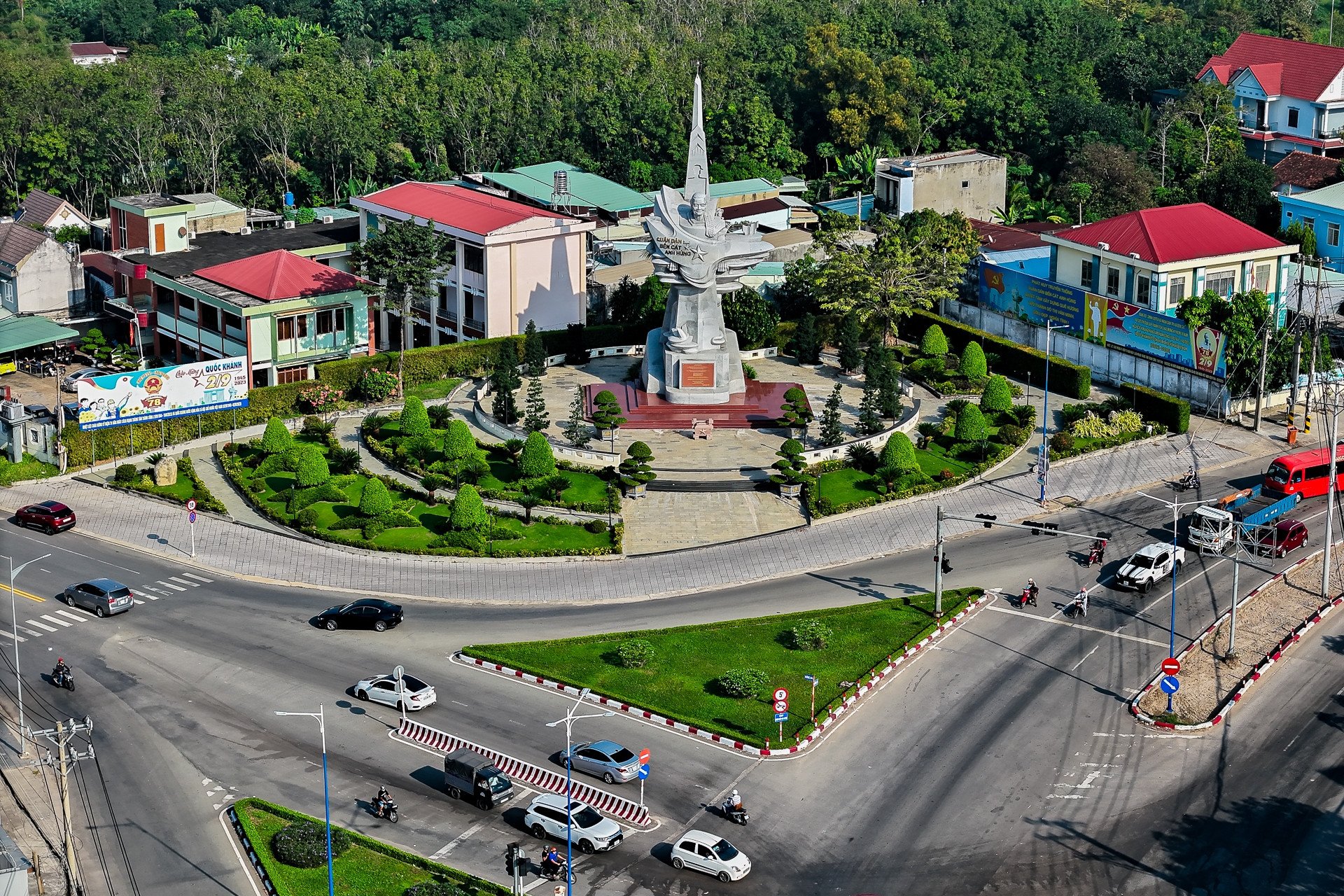
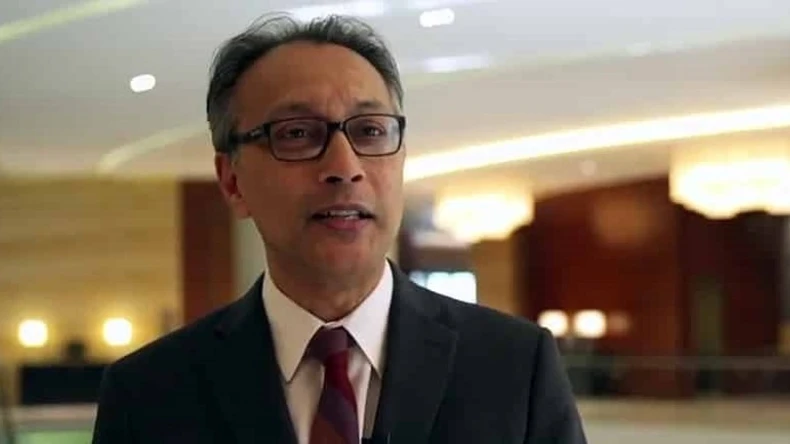
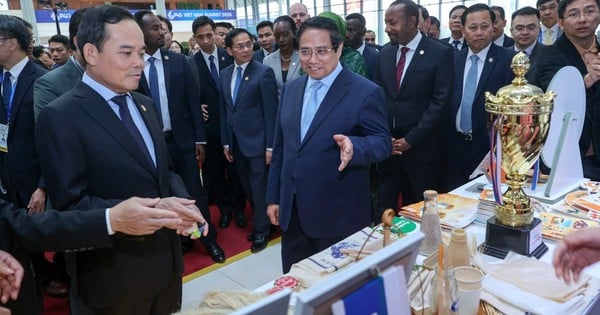

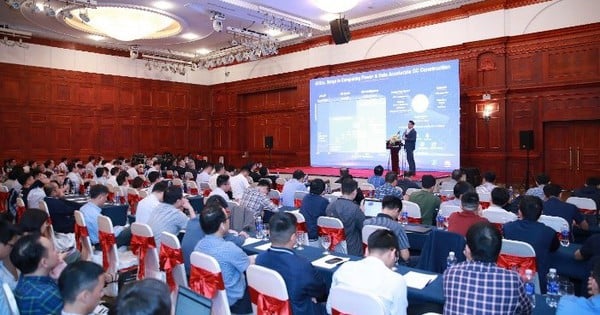
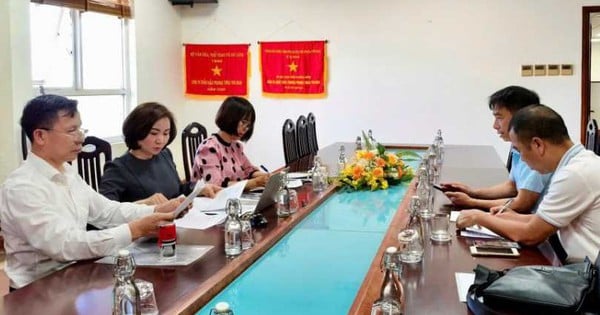



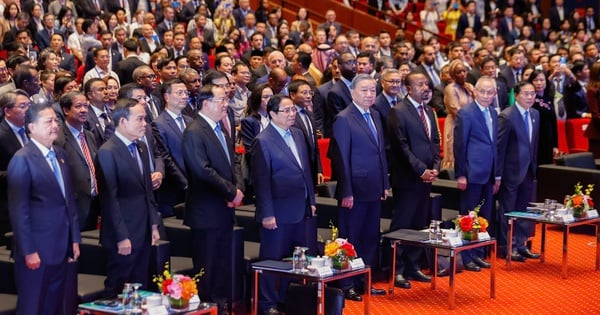







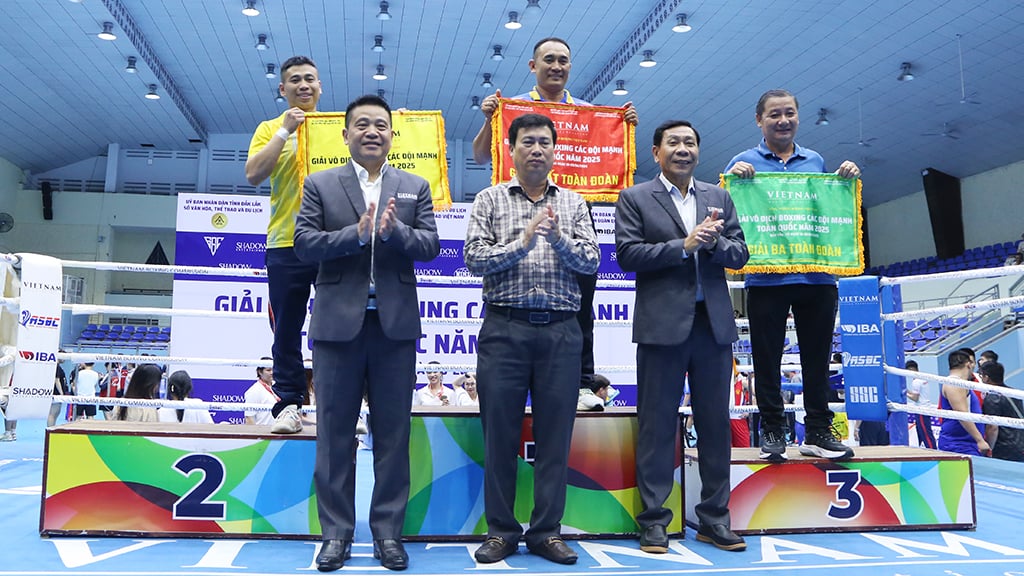
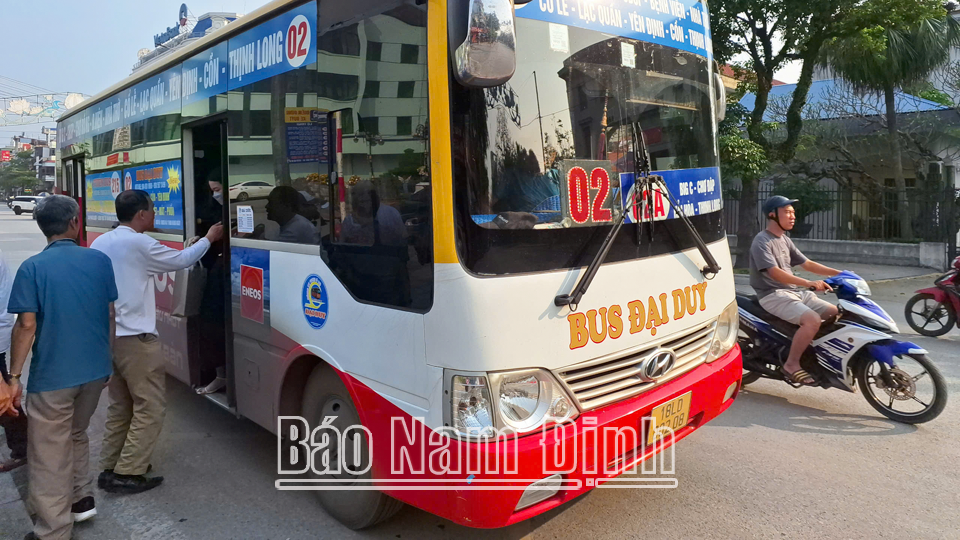


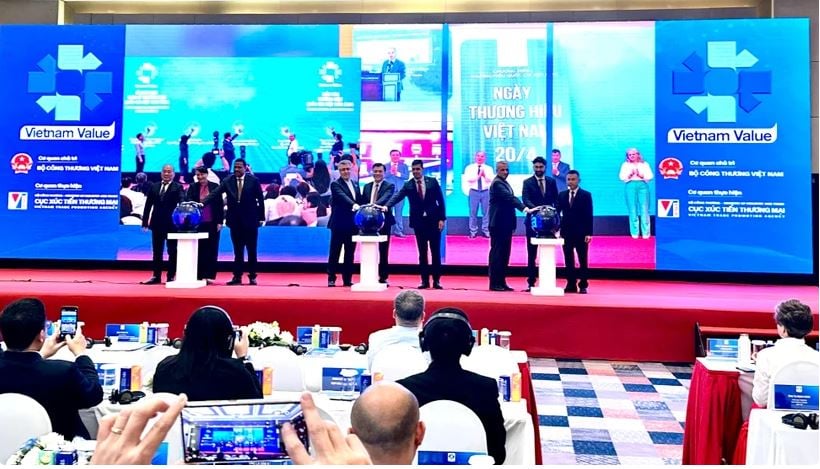

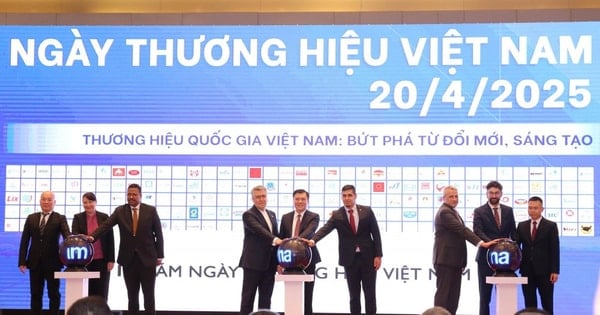


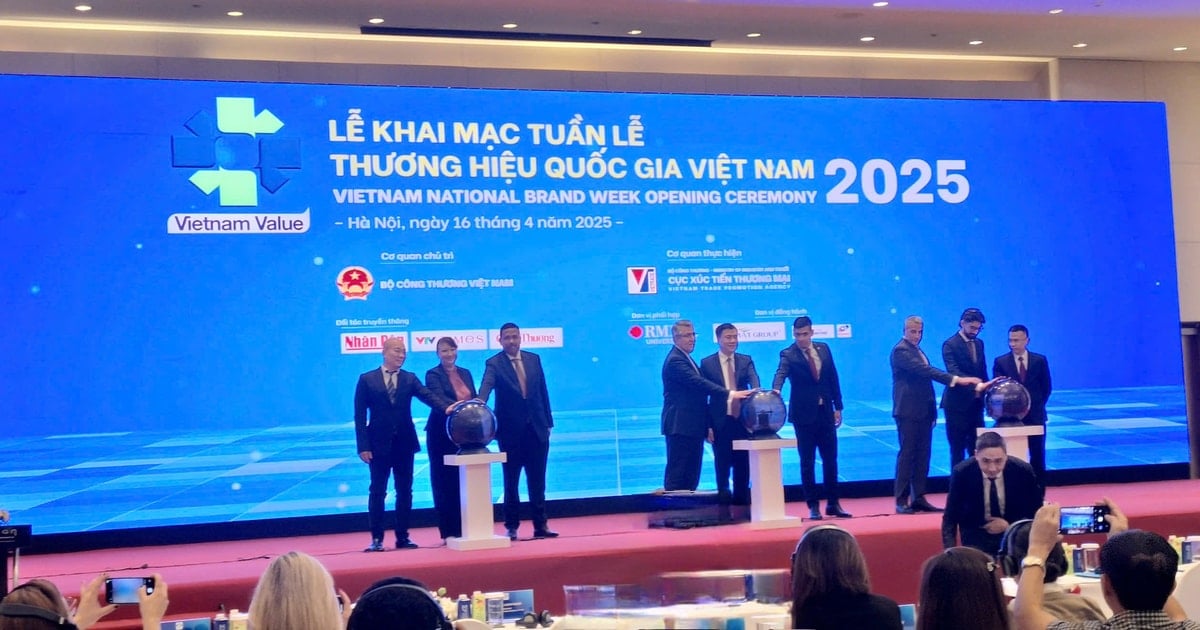



Comment (0)